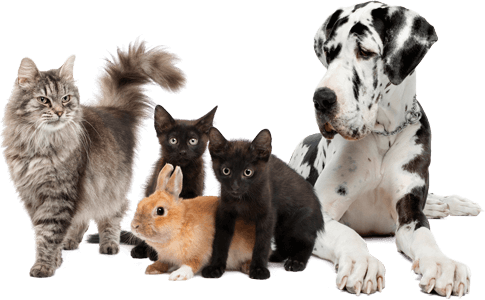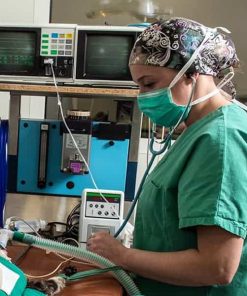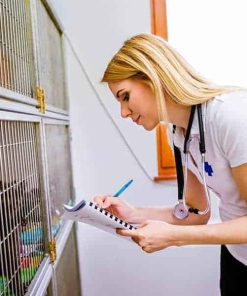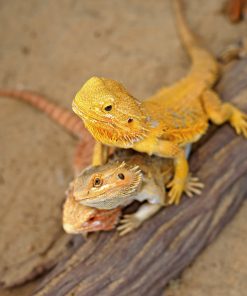Are you a current student?
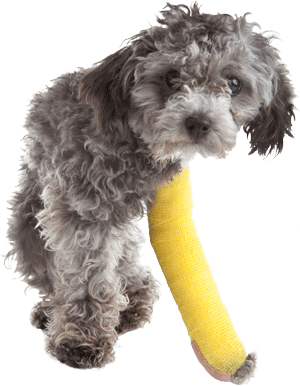
CERTIFICATE IN PROFESSIONAL VETERINARY NURSING
ENROLMENTS & INTAKES
Start anytime, no waiting for an intake to start
Entry Requirements:
- Be a qualified Veterinary Nurse or have significant experience working at the same level as a nurse who is qualified.
- We recommend at least 2 years of full time experience, not including your first few years of learning the job.
- Be employed in a veterinary clinic to have access to the case load necessary for your assessments.
Duration:
6 months
language:
English
Access to our Online Learning Center:
Yes
Printed Learner's Guides:
Yes
Need to attend campus:
No
Schedule type:
Flexible.

DISCOUNT ON WORKSHOPS:
Yes
Expand your clinical veterinary nursing skills and showcase your dedication to your patients by becoming a CPVN.
Our Certificate in Professional Veterinary Nursing is designed for those experienced or qualified nurses wanting to gain more knowledge in a particular aspect of veterinary nursing and boost their resume.
The CPVN program boosts your clinical nursing skills and directly increases the level of patient care you provide. Your confidence in your own nursing skills will expand, and you’ll find this will rub off on the vets, who will entrust you with greater patient care tasks.
As a CPVN, you’re not just a veterinary nurse, you’re an ACVN Veterinary Nurse.
Employers will recognise your dedication to the veterinary nursing profession and your desire to provide amazing patient care. You’ll get to stand out in from the crowd in a very competitive job market by adding CPVN (Specialisation) after your name.
Showcase your achievements and commitment to veterinary nursing and patient care standards by becoming a CPVN today. Select from the specialisation that interests you – InPatient Nursing, Surgical, Anaesthesia or Exotics & Wildlife.
enrol now
Is this course suitable for me?
To be eligible to enrol in this course, you must:
- Be a qualified Veterinary Nurse (either Australian or overseas) or have significant experience working at the same level as a nurse who is qualified.
- We recommend at least 2 years of full time experience, not including your first few years of learning the job.
- Be employed in a veterinary clinic to have access to the case load necessary for your assessments.

CPVN InPatient Nursing
Subjects:
- Nursing the Veterinary Patient
- Physical Therapy
- Pain Management
- Advanced Critical Care Nursing
Assessments:
- Written & videos assessments plus logs of cases.
CPVN Anaesthesia
Subjects:
- Anaesthesia & Analgesia
- Advanced Anaesthesia
- Fluid Therapy
- Pain Management
Assessments:
- Written & videos assessments plus logs of cases.
enrol now
CPVN Surgical
Subjects:
- Surgical Nursing
- Scrubbed Surgical Assisting
- Instrument Care & Sterile Supply
- Wound Management & Dressings
Assessments:
- Written & videos assessments plus logs of cases.
CPVN Exotics & Wildlife
Subjects:
- Enrichment
- Avian Nursing
- Nursing Reptiles
- Nursing Rabbits & Rodents
Assessments:
- Written & videos assessments plus logs of cases.
Enrolling is very simple!

- Click on your specialisation of choice in the next section.
- Complete the checkout process. You can select to pay via Humm if you want to spread out the cost.
- We’ll process your enrolment within 1 business day, so check your email for access details.
- We’ll ship out your printed learner’s guides as soon as you complete the student induction module.
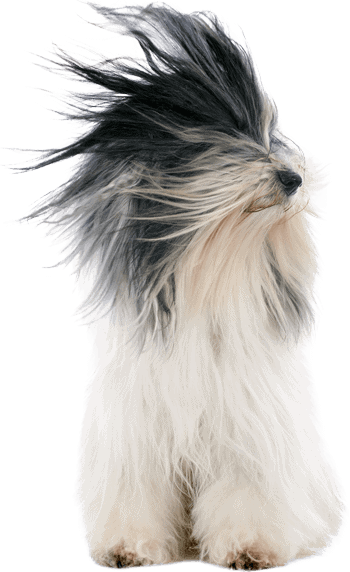
Graduate as a CPVN and
blow away your competition.
After graduation you will be able to add CPVN (Specialisation) after your name, indicating your achievements and commitment to your career. This will make you stand out from the crowd when applying for a job in your dream clinic.
SELECT YOUR CPVN SPECIALISATION
Frequently asked questions
The course is delivered entirely by distance education using our online ‘Learning Centre’.
This allows you the flexibility to study when it suits your schedule. You won’t need to attend any on-campus classes.
We’ve designed the course to fit around your work and lifestyle.
Once the course starts, you’ll receive printed learner’s guides, which will guide you through your studies and prepare you for assessments. You will also need access to veterinary nursing textbooks. We recommend the BSAVA, but others will also assist you. You’ll also have access to the extra study resources available via our ‘Learning Centre’ online
You’ll complete a range of assessments, such as:
- Expect to complete written case studies and short answer questions.
- Workplace-based assessments for practical skills will be completed at the clinic in which you work via video assessments. Don’t stress, we will provide you with full details of what to include.
- Additional evidence will also need to be supplied, such as copies of Anaesthetic records, hospital charts etc .
To successfully complete the CPVN program you will need to:
- Complete and pass the subjects and their assessments – these will be related to your chosen specialisation.
- Log your involvement in a range of cases to show your experience.
As part of your specialisation’s included subjects, you’ll complete multiple choice style activities to check your own learning. Between all the subjects, you’ll complete 3 to 4 written assessments and 3-4 video assessments and receive feedback from our Nurse Educators.
You’ll have access to our Nurse Educators and Student Assist to get help when you need it. We’ll also pop you into our ACVN Nurses Facebook Group, where both Nurse Educators and other students will help you out.
You will complete your CPVN over 6 months. Additional fees apply if you do not pass a subject, you need to re-enrol in a subject for any reason, or you need to extend your enrolment period.
You will be given 6 months to complete your CPVN requirements, and if you need more time, that’s ok! Arranging an enrolment extension is easy, however be aware that it attracts a fee.
Yes, but you may find it extremely difficult to provide the right evidence as we require videos of you performing tasks, written case studies on patients you are nursing, and third party reports from vets and nurses you currently work with.
We suggest doing some short courses to brush up on your skills.
If you have completed equivalent subjects as part of your Cert IV enrolment with ACVN, then we will apply subject credits over for you
You will not be required to pay for enrolment in these subjects.
The cost of the Certificate of Professional Veterinary Nursing includes:
- Online access to our Learning Centre
- Printed Learner’s Guides
- Access to Nurse Educators & Student Assist for help
- Through feedback on assessments to further your learning
- 6 months enrolment period to complete the course (you can extend if you wish, but be aware it attracts a fee).
- Printed Certificate upon graduation
- ACVN Goodie Bag upon graduation
We recommend access to a textbook library for further reading but we do include copies of all mandatory textbook chapters necessary to pass the subjects in with your printed learner’s guides.
Note:
Prices include resource fees, tuition, and administration fees. Additional fees may apply if you do not pass a subject, you need to re-enrol in a subject for any reason, or you extend your enrolment period.
Apart from self-satisfaction and an extra achievement to showcase on your resume, you will gain greater confidence in your own nursing skills. Employers will also recognise your dedication to the veterinary nursing profession and your desire to improve patient care. You’ll get to stand out in from the crowd in a very competitive job market.
You will also receive a printed certificate and a little goodie pack.
After graduation you will be able to add CPVN (Specialisation) after your name, indicating your achievements and commitment to your career.
If you are a graduate of the ACVN Certificate IV in Veterinary Nursing, you will receive a reduced course cost, dependent on the subjects you completed during your training. If you have all 4 included subjects (and they are current versions) you will pay only $295 to bridge the gap to complete the Certificate in Professional Veterinary Nursing program and add CPVN to your name. If you have only some of the subjects, this will be slightly higher. Contact us to get your own custom price.
Yes! We welcome international students.
As an international student, payment plans are not available. You will be required to pay the full course fee prior to starting. We also do not offer the pay in full discount to international students however we do not charge you extra for resources to be sent to you, or for bank fees.
It is your responsibility to ensure that you can legally perform the practical tasks required in your country. In some countries, like the UK, it is illegal for a non-qualified person to perform some of the practical skills necessary to complete the course. Check with your local veterinary surgeons board.
learn moreUnfortunately there is no government funding for this certificate.
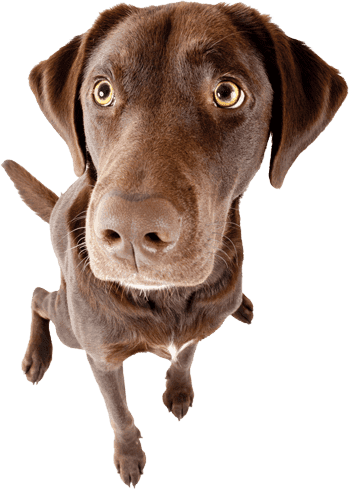
Our students are raving about our courses!
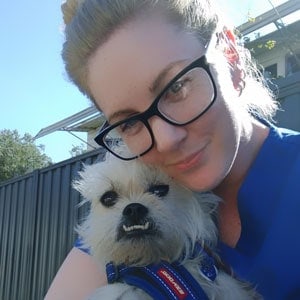
The staff are all so knowledgeable and really bring out the best in their students. The response rate for assessment is also fantastic!

The ACVN Nurse Educators are second to none. Where else could you ask a question on Facebook at 10pm at night and have a real Nurse Educator answer?
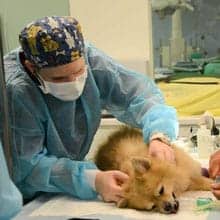
I enrolled with ACVN to upgrade my Certificate IV and study for my Surgical Diploma. I have really enjoyed the in depth learning. The learners’ guides are easy to read and the educators are always available to help with any questions I have. I often find the educators go the extra mile to help and many of them work afterhours on the student Facebook group too.
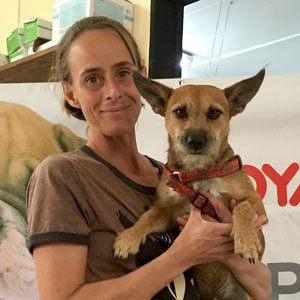
My first impression of ACVNwas that this is a college offering in depth study with great personal support for their students. I know now that I was 100 % correct in my assumption and have never looked back once. At times the criteria and expectations might be harder than with other institutions but this is only beneficial, making knowledge truly sink in.
OVERSEAS STUDENTS WELCOME!
You don’t need to be living in Australia to study with us. We welcome students from all over the world! You have the same student benefits as a local student, and we don’t charge you huge fees for being overseas. There are however, some considerations you need to factor in before enrolling with us. Please read the Overseas Student Information by clicking the button below.
Learn more